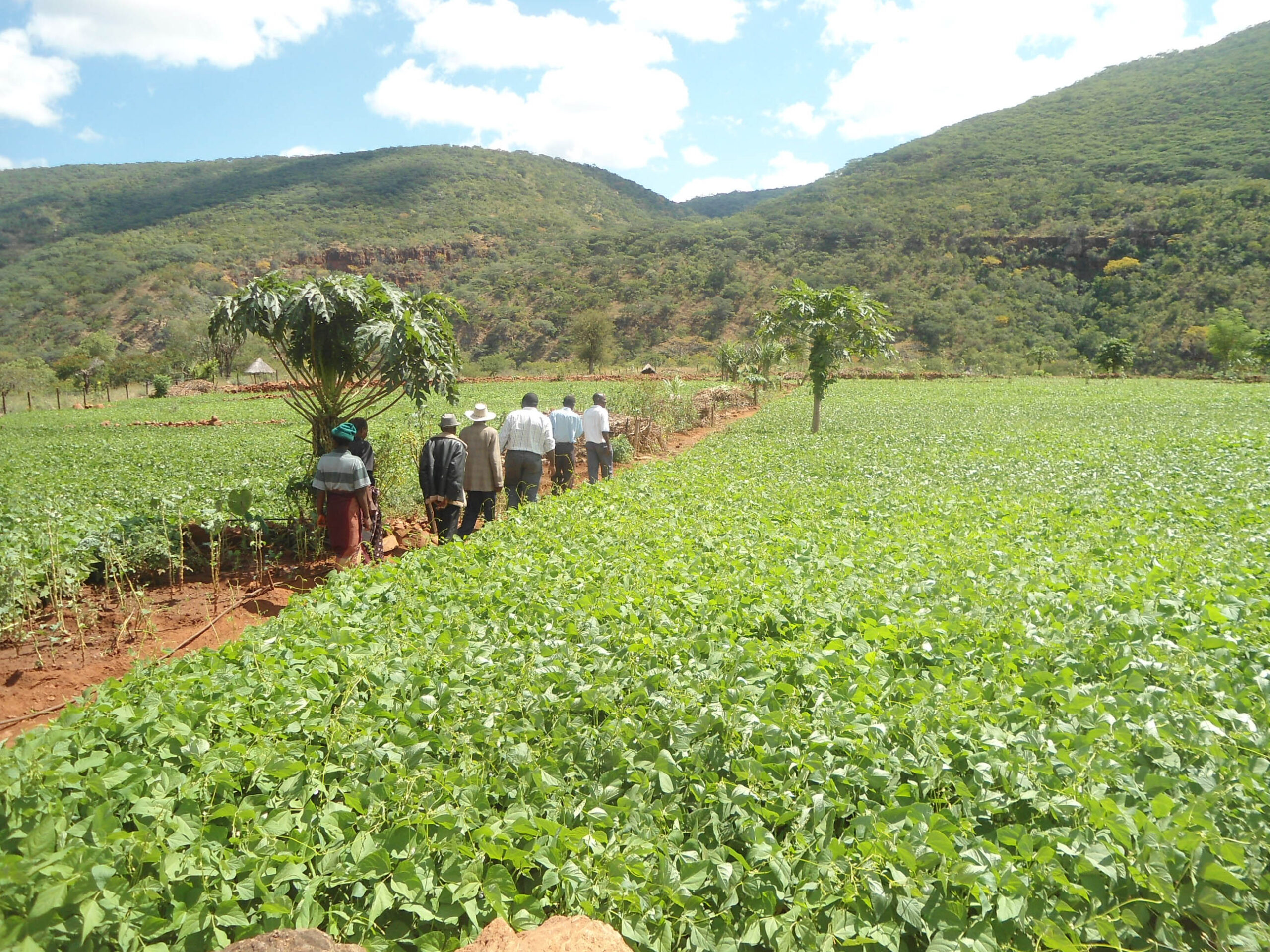
Changes in global climate conditions are negatively impacting the livelihoods of rural communities in Chimanimani district. The majority of communal farmers are reliant heavily on rain to water their plants. However, in the last decade, erratic rains have been experienced in Chimanimani.
The building of community resilience in the face of climate change and the need to have food-secure households cannot be overemphasised. One way to achieve this goal is through sustainable utilisation of existing natural resources. The district has notable perennial rivers and underground water.
In the last 10 years, Chimanimani District has seen a growing number of micro-irrigation schemes established in natural regions 3, 4 and 5. The new schemes were made possible through partnerships between the council, and various development partners, benefiting communities with technical assistance provided by government ministries and departments. Between 2012 and 2023, at least 11 viable micro-irrigation schemes have been established in wards 2,3,4,7,9,13,18,19 and 20. These initiatives breathed a lifeline to more than 730 households to be food secure.
The involvement of community members in the construction of these micro-irrigation schemes is expected to infuse scheme ownership. In Zimunda a total of 127 adults participated in the construction of the 4km canals and weir.
